
Is the reform effort that first began in earnest with Philip Ruddock’s expert panel on religious freedom in 2018 and senator Penny Wong’s 2018 bill to protect students to die with a whimper?
The deep societal shifts driving the fractious religious freedom debate remain unrelenting. They are likely to press both major parties to declare commitments in the lead-up to the next election. What form should those commitments take?
Progress on the reforms stalled when Attorney-General Mark Dreyfus sought line-by-line feedback from his opposition counterpart, Michaelia Cash, who in turn directed Dreyfus’s attention to detailed drafting provided by faith leaders.
As The Australian reported, this drafting included amendments to the proposed religious discrimination bill and provisions of the Sex Discrimination Act regulating the treatment of students and staff in religious schools.
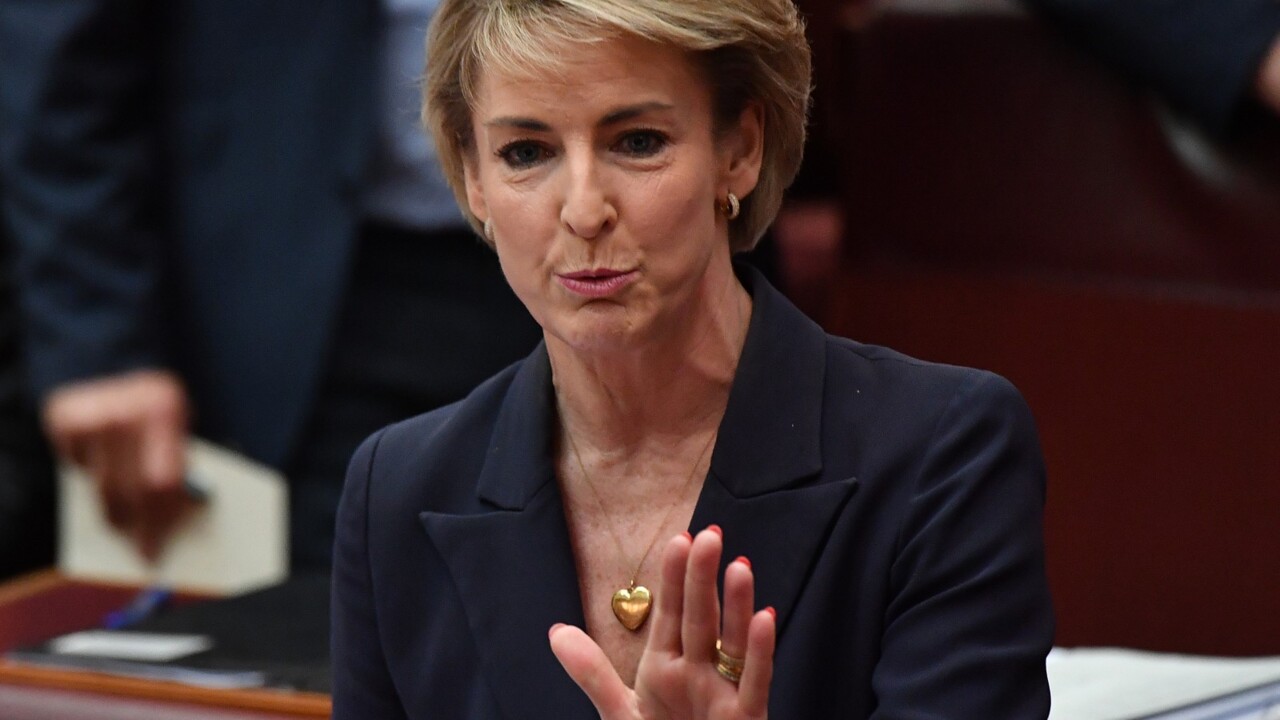
On the first, protection of people against religious discrimination remains the missing piece in the constellation of Australian equality legislation. Of the five main equality rights recognised in the international law to which Australia is a signatory – being race, age, disability, sex (including sexual orientation) and religion – only religion fails to receive dedicated protection in federal law. In its Universal Periodic Review of Australia, the UN Human Rights Council called on Australia to address this deficiency, as did the 2018 expert panel.
In the absence of that law, the government can refuse funding to an Islamic childcare operator on the basis of their faith under federal law; a Catholic priest can be lawfully turned out of a cafe for wearing the dog collar; a Hindu can be told there is no place for “someone who believes in things so different” in the football team.
The previous government consulted extensively on its religious discrimination bill. While religious leaders expressed broad support for the final of its four versions, they held a range of remaining concerns. The Australian reports that the proposed reform model provided to Dreyfus and Cash by Catholic archbishops Peter Comensoli and Anthony Fisher draw on these concerns by seeking to ensure judges cannot assume the role of theologian.
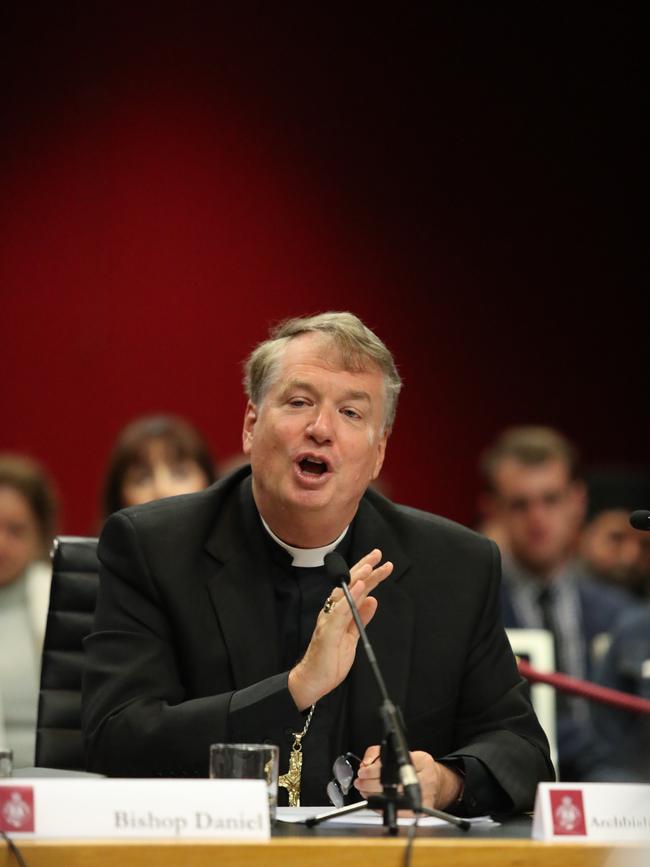
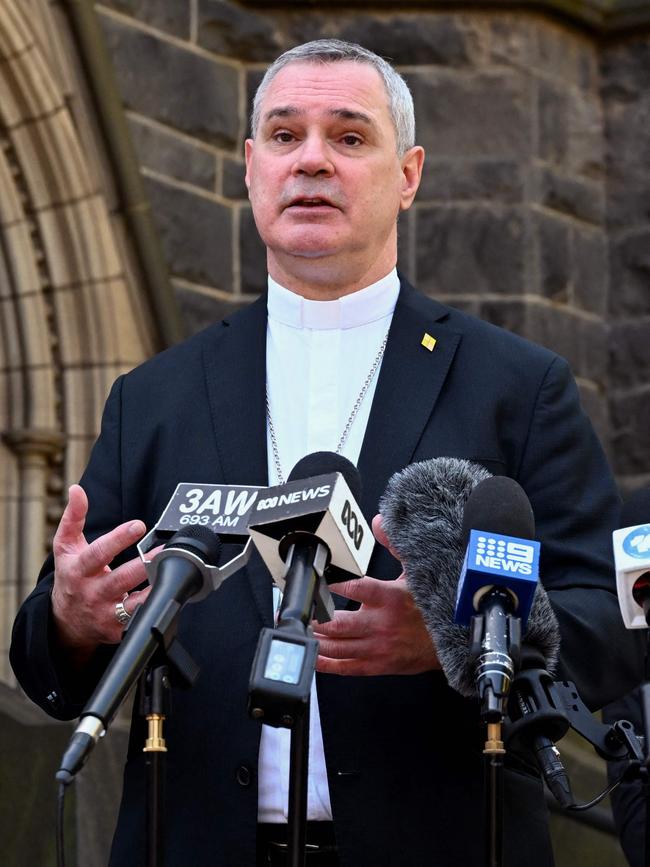
In what was reported to be a similar plan to that proposed by the Anglican Church, they also sought to ensure religious believers did not lose the protections of the bill simply because they associated together in incorporated bodies.
The Prime Minister has expressed his desire to pass religious discrimination protections in a way that “brings Australians together”. Bipartisan agreement should ensure these lacunae in federal protections are addressed. Albanese also is reported to have said to religious leaders in April that under his prime ministership the nation would go forward, not backwards, on religious freedom.
However, the Catholic archbishops described the government’s separate proposal for reform of the Sex Discrimination Act, presumably based on the recommendations of the Australian Law Reform Commission, as presenting a “real and substantial reduction in existing freedoms”.
ALRC report author judge Stephen Rothman fatally undermined its recommendations shortly after its release. He clarified that the terms of reference imposed a “major constraint” and instead posited that “religious education institutions, despite the provisions of the Sex Discrimination Act or any other discrimination legislation, or any law, written or unwritten, commonwealth or state, should be able to discriminate in favour of, or preference, on the basis of the person’s adherence to or belief in the genuinely held religion, beliefs or tenets of the religious education institution”.
The now revealed position of the faith leaders draws on Rothman’s “positive right” to assert two key propositions. First, religious schools would be able to preference employees who share their religious beliefs. This would focus the law on fidelity and authenticity to religious belief, not the presence or absence of any particular protected characteristic under discrimination legislation.

Second, in respect of students, schools could not discriminate against a student because they are gay but instead would be enabled to respond to conduct that would undermine their ethos. If that is correct, the model would implement the bipartisan commitment to remove discrimination against students.
The Australian reported Cash’s letter to Dreyfus in which she stated: “Faith leaders have put clear options on the table to honour the Prime Minister’s commitment and balance the various competing interests at play.” She asserted the options “would not only protect faith-based schooling but also address concerns around the drafting of existing provisions on the commonwealth statute book”. If that is the case, the religious leaders have set out the path to bipartisan agreement.
But for these long-anticipated protections to pass into law, the politics must be taken out of the issue. Can principled politicians with the mettle to traverse that path be found, before the coming election or after? In the timeless words of poet Robert Frost, “I took the one less travelled by, And that has made all the difference.”
Mark Fowler is principal of Fowler Charity Law.



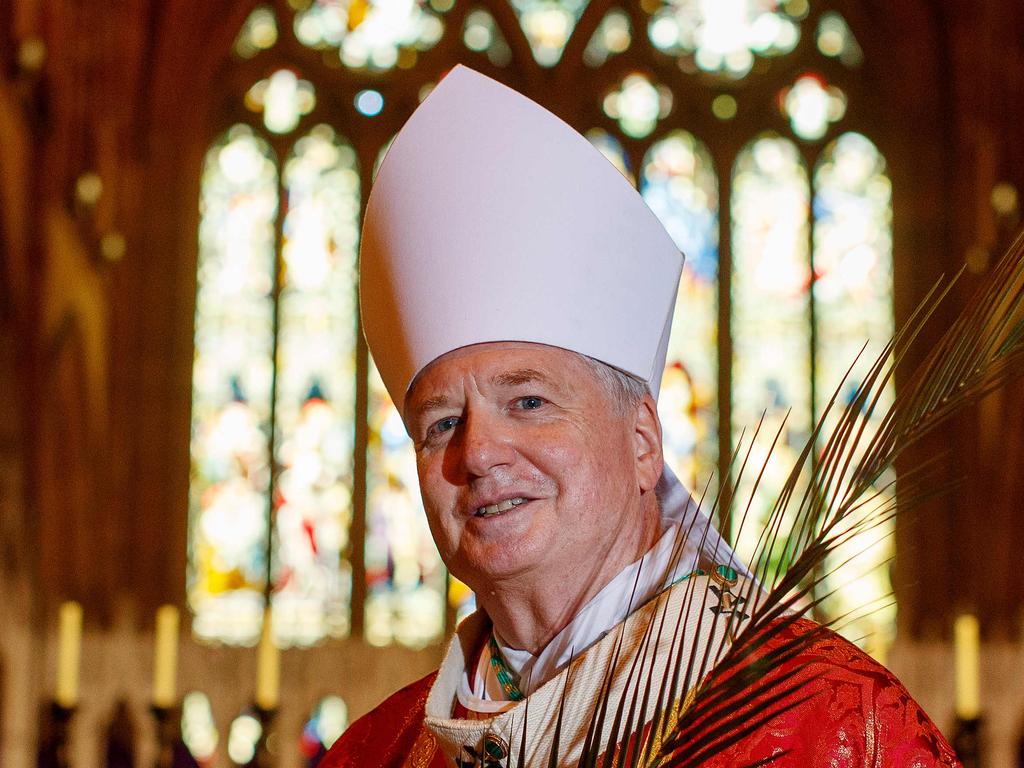
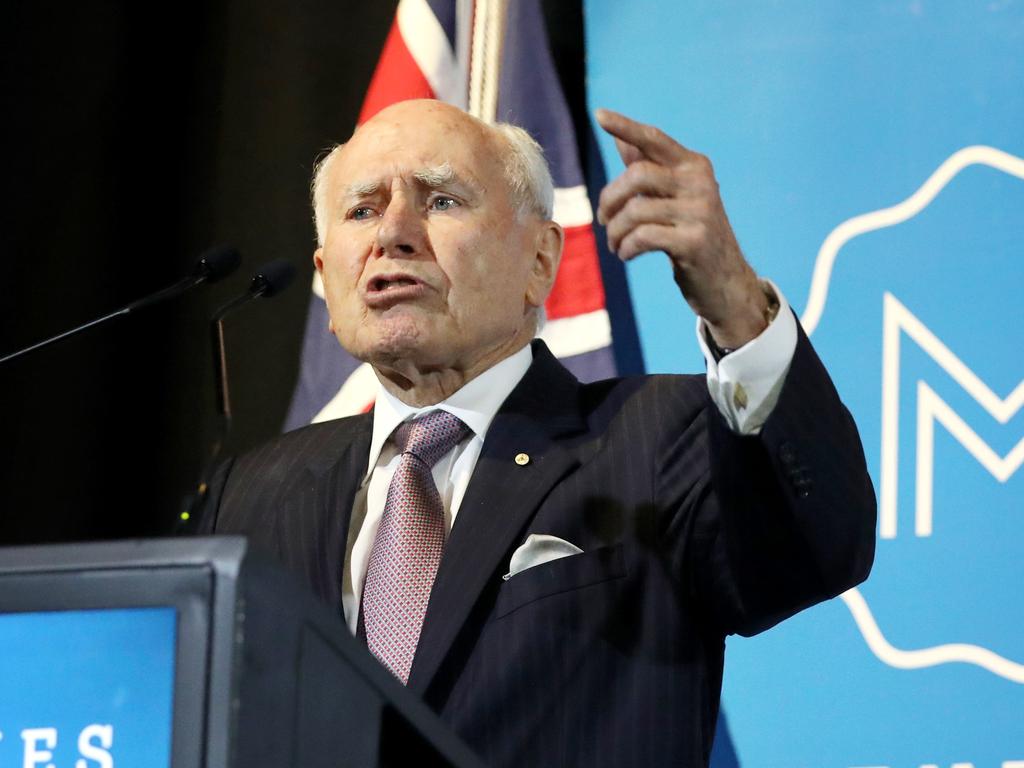


Anthony Albanese has confirmed he will not follow through on his election commitment to introduce a religious discrimination bill and reforms to protect staff and students in religious schools.